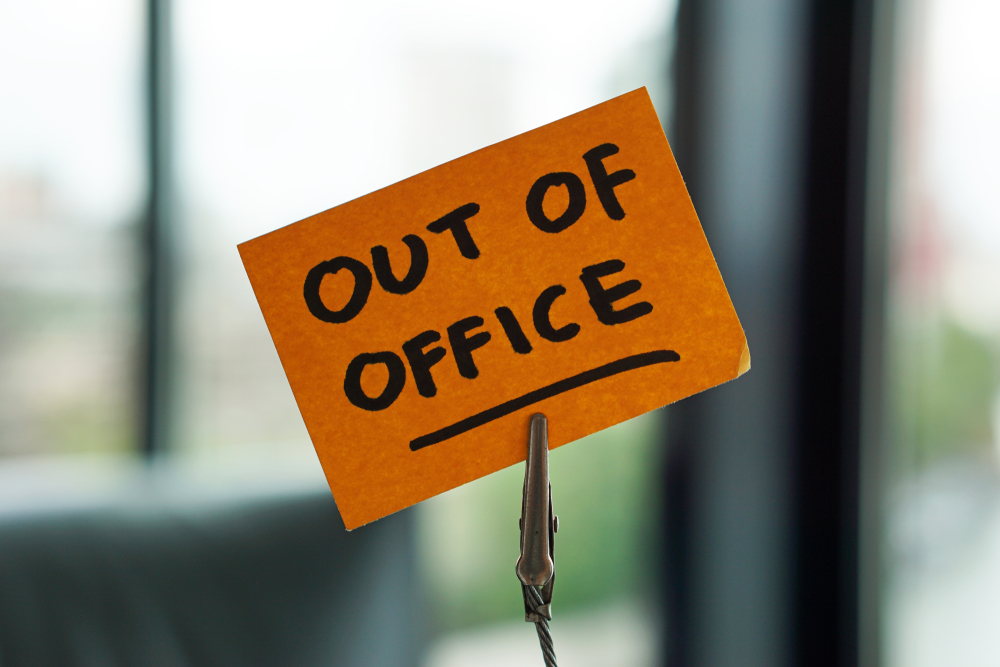
As the legal system continues to evolve and adopt new technologies, one question has emerged; can voice recognition software truly replace certified court reporters? While it may seem like a tempting solution to streamline court processes and lower operational costs, the answer is not as straightforward as it may seem.
For one, court reporters do an essential and sensitive job, using their transcripts as evidence in appeals or future cases. Inconsistencies, incompleteness, and errors can lead to grave consequences, including wrongful convictions, mistrials, and acquittals. Accordingly, the actors in the legal system have, for the longest time, preferred to hire human stenographers as they are more nuanced and accurate than AI systems. However, there have been some exemplary improvements in voice recording and recognition technology, and you cannot help but feel that human court reporters are almost obsolete.
Benefits of Technology to the Legal System
The use of modern technology has been a game changer across the board, with the chief benefits being a considerable reduction in costs and turnover times. The legal sector has also benefited from the adoption of technology, with the digitization of court records (and even proceedings, in some cases) resulting in low operational costs and more streamlined processes. For court users, the upside has been a significant reduction in the time it takes to file and conclude cases. Increasing digitization across many judiciaries, coupled with ever-shrinking budgets, has pushed many courts to consider using digital recorders, voice recognition, and transcription services in place of human reporters. While the reasoning behind this is understandable, it is pretty regrettable from a court reporter’s perspective, as getting into the industry requires a good amount of practice and knowledge.
So, Are Court Reporters Going to be Obsolete?
While digital recording and transcription technologies are evolving rapidly, they are still too raw to replace human reporters completely. For one, computer systems are not autonomous (yet) and require humans to operate them. In this case, even the most advanced voice recording machines need regular software updates and maintenance. Most importantly, digital transcription is relatively error-prone, and any transcripts generated by recorders need to be thoroughly proofread, edited, and certified. While this job can be given to low-skilled people on low wages, it is best done by court reporters, who are extensively trained to produce high-quality transcripts.
Moreover, machines are not smart enough to differentiate between actual speech and other distorting noises. As such, they record everything. They also cannot note and fix mistakes in real-time or seek clarifications from the speakers. If all these issues are at play, the result will be highly distorted transcripts that cannot be used in a court of law.
In Conclusion
The saying goes that the present defines the future; in this case, the future of court reporting as a profession seems entirely secure. As much as machines and software can help make things easier and cheaper, court sessions are an all-human affair, and only other humans can transcribe speech from different people (with different accents and intonations) in an accurate manner.
